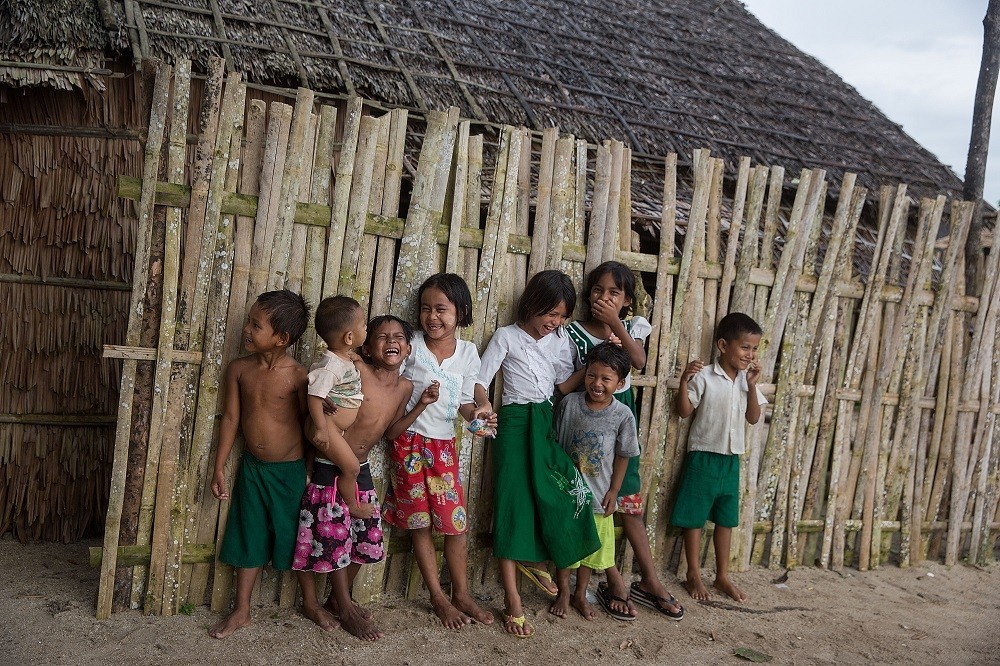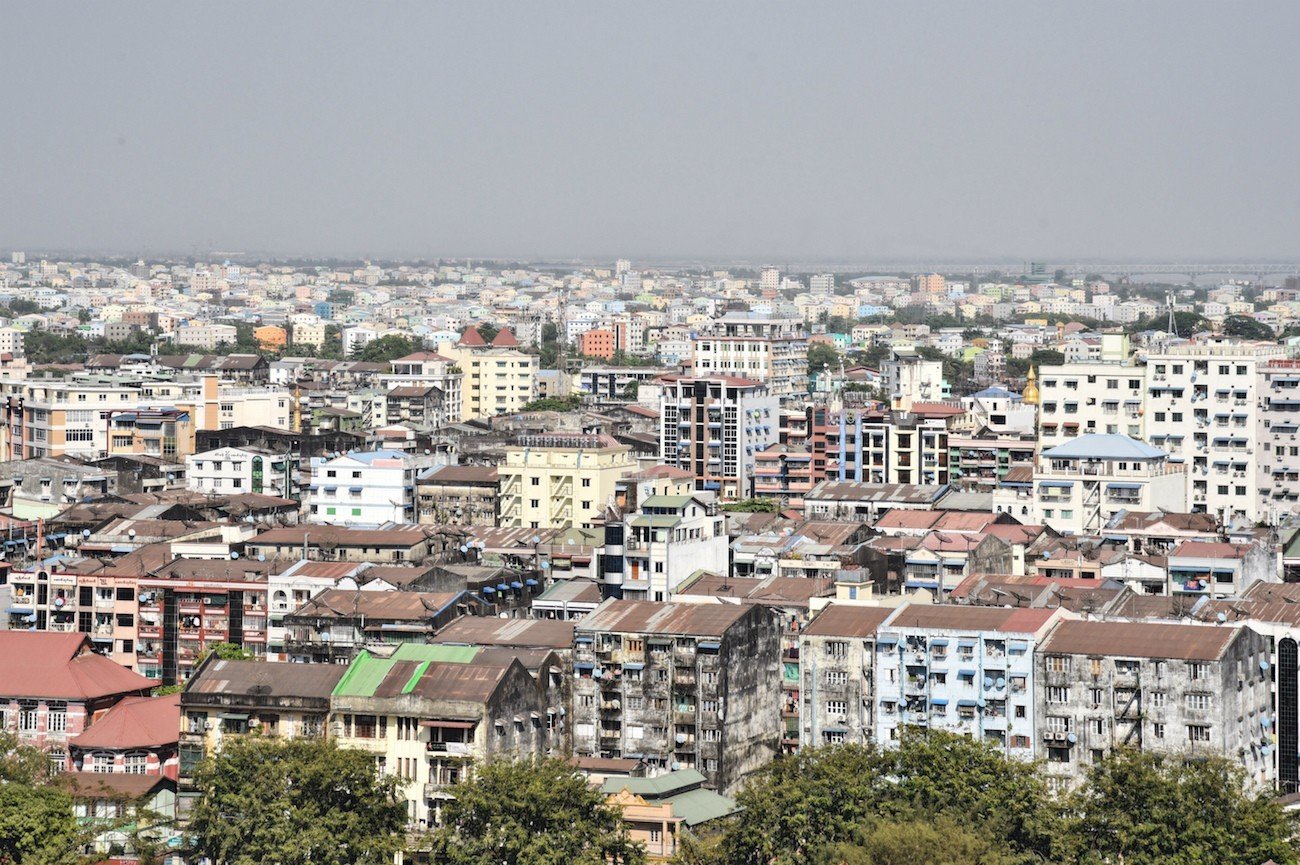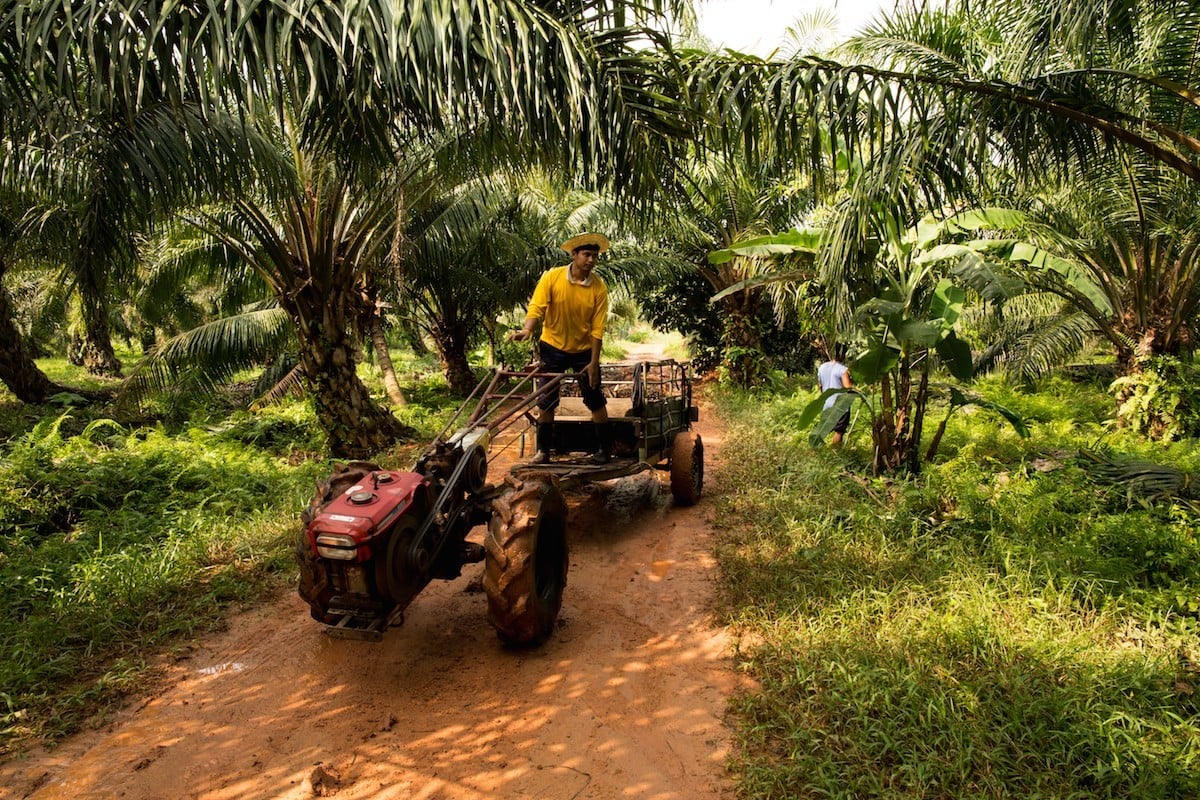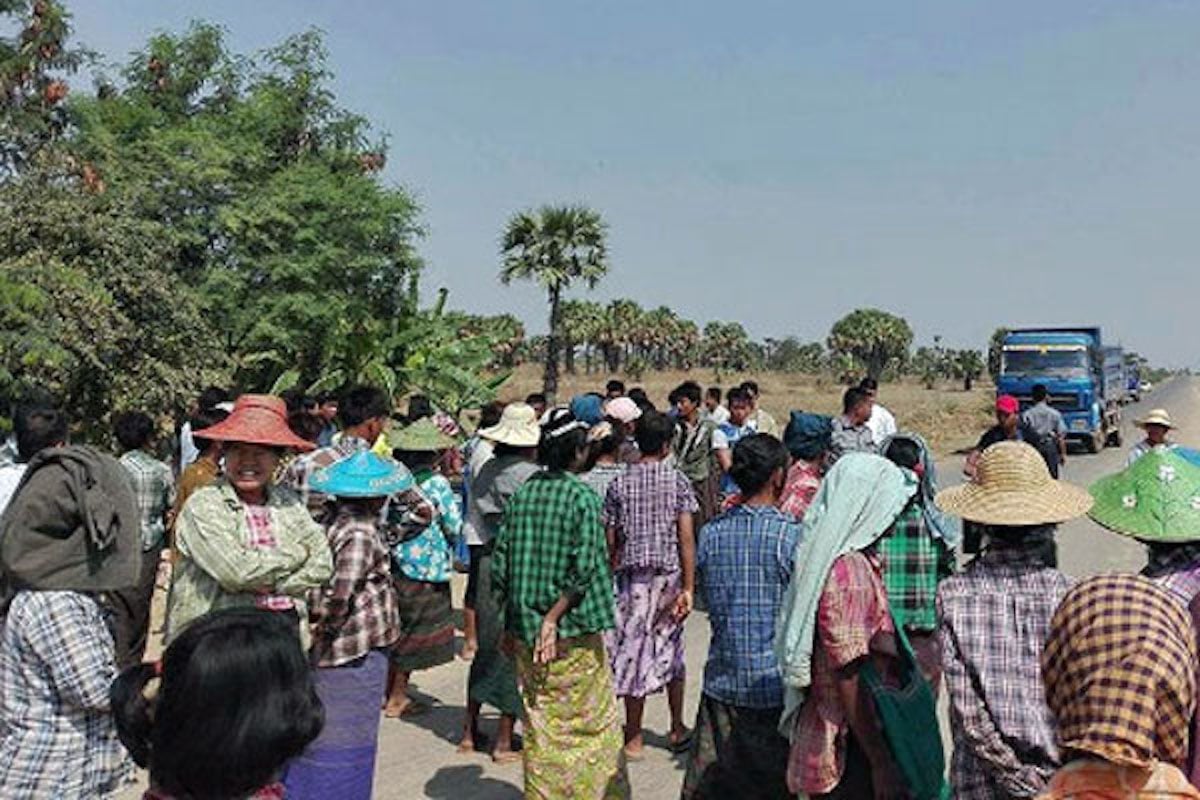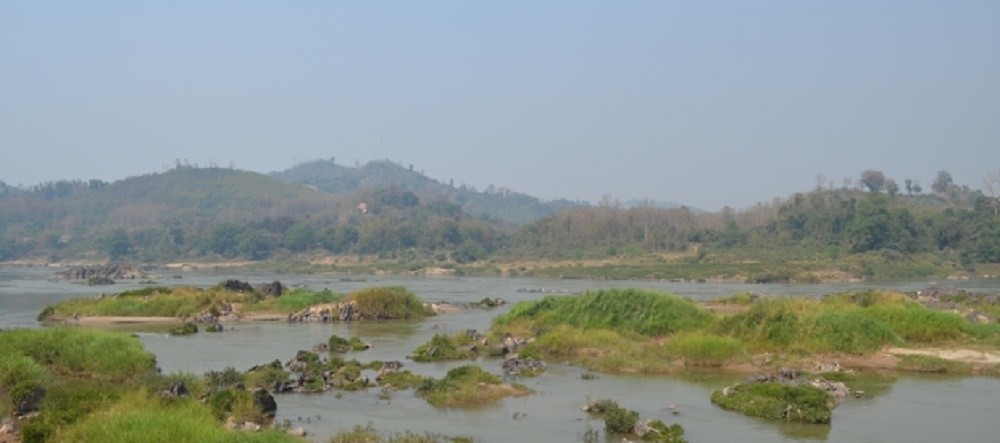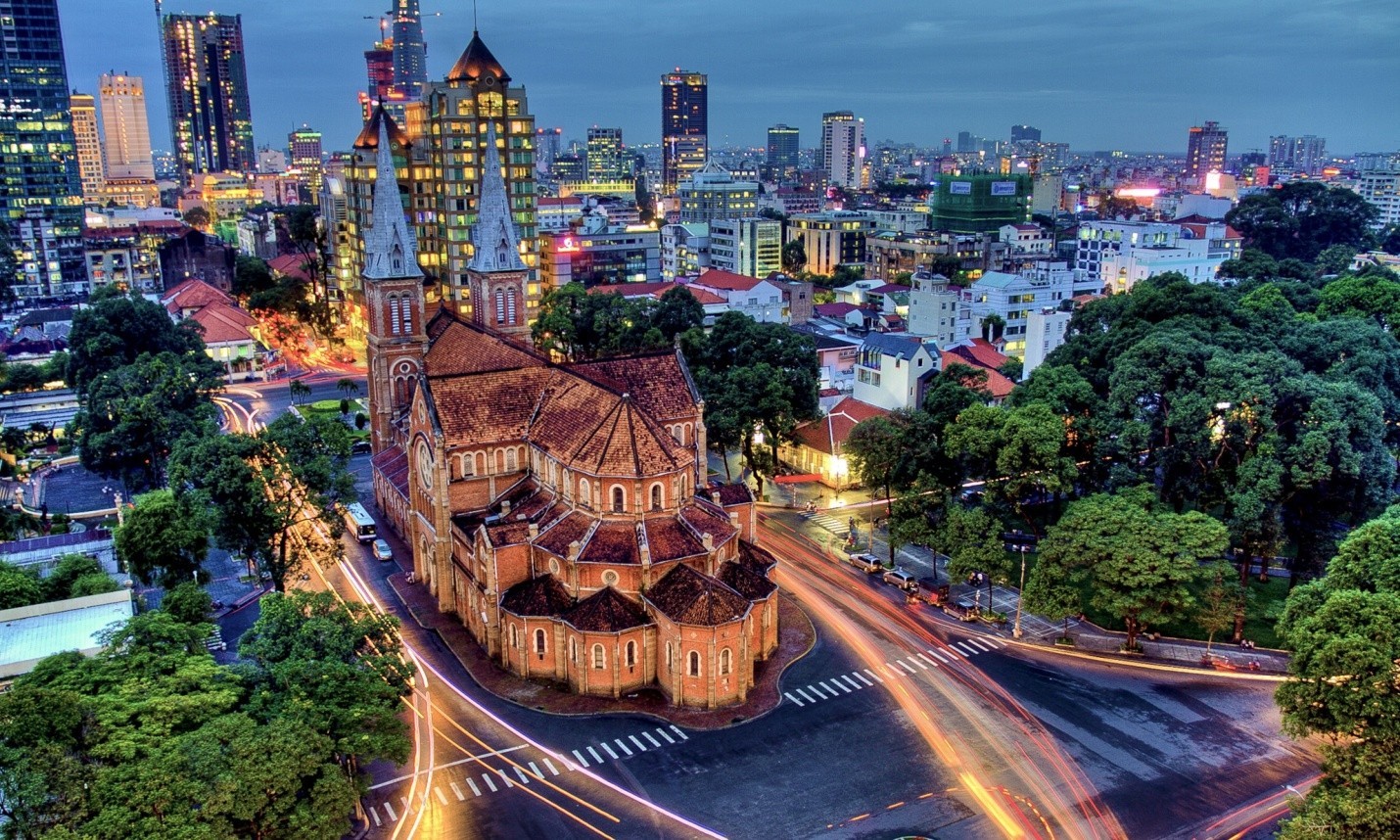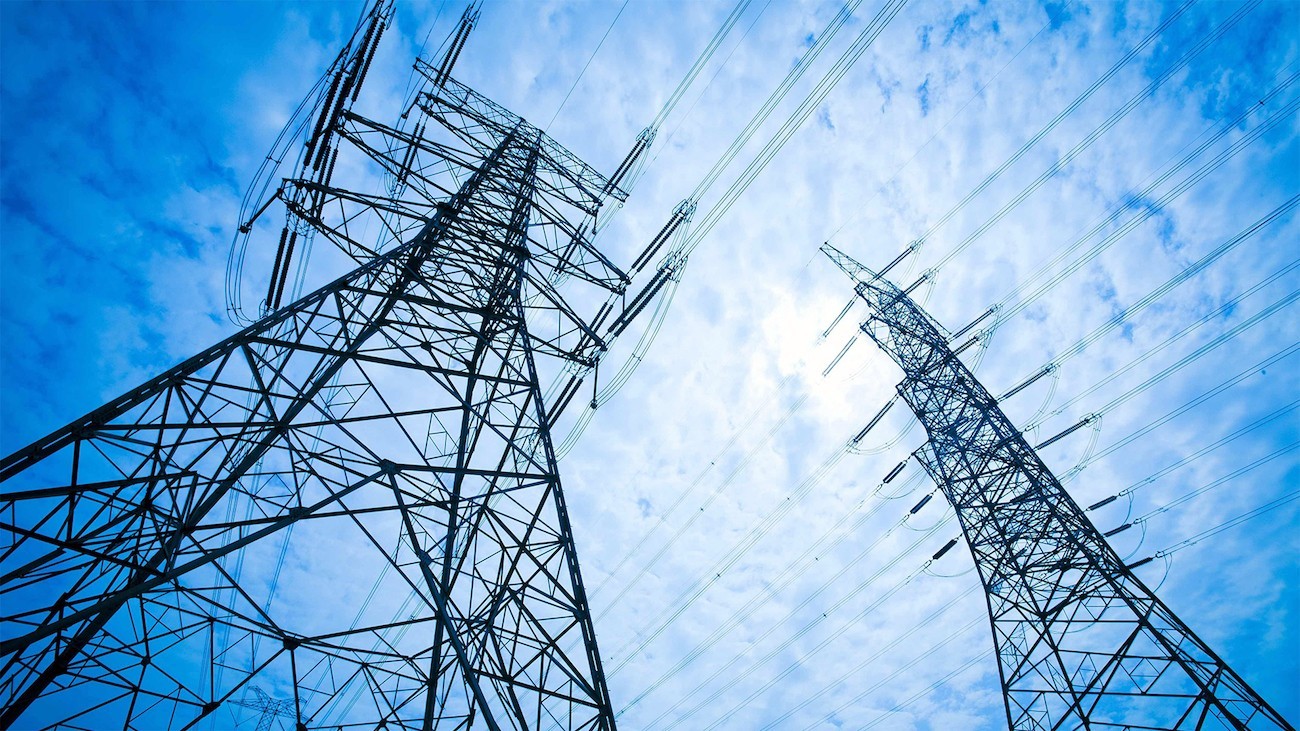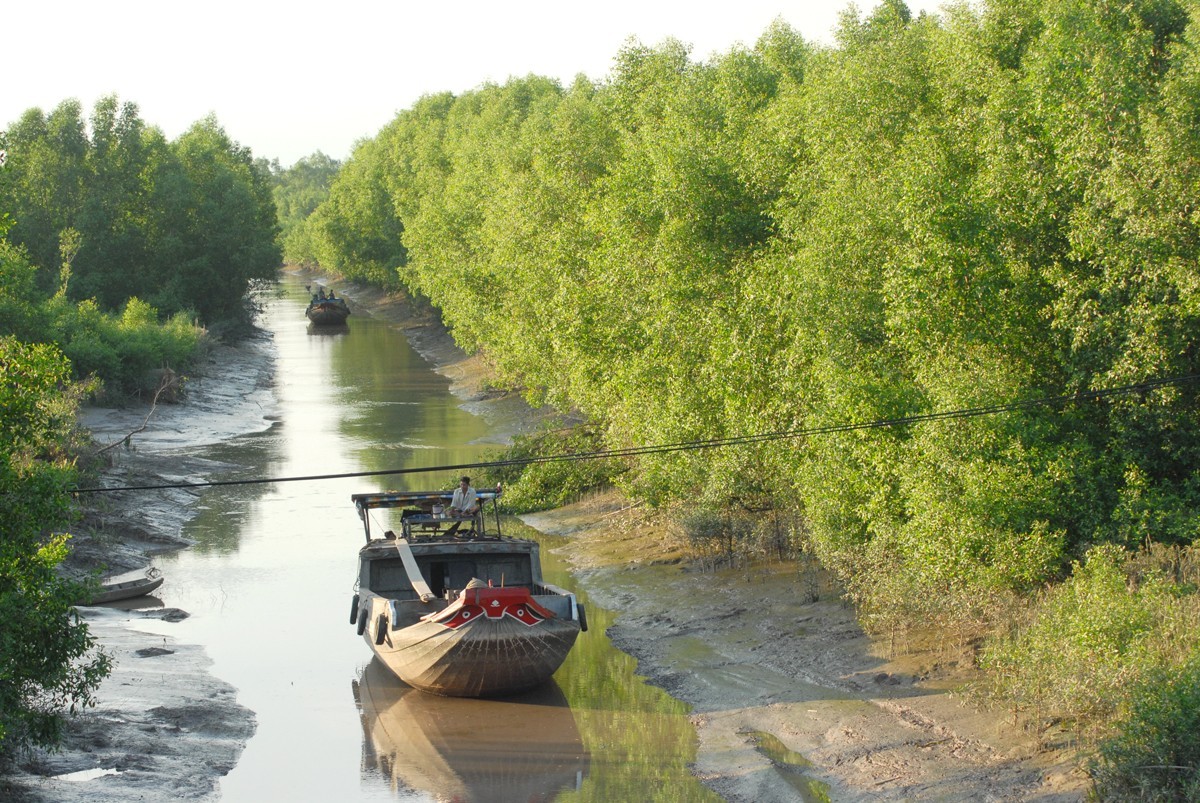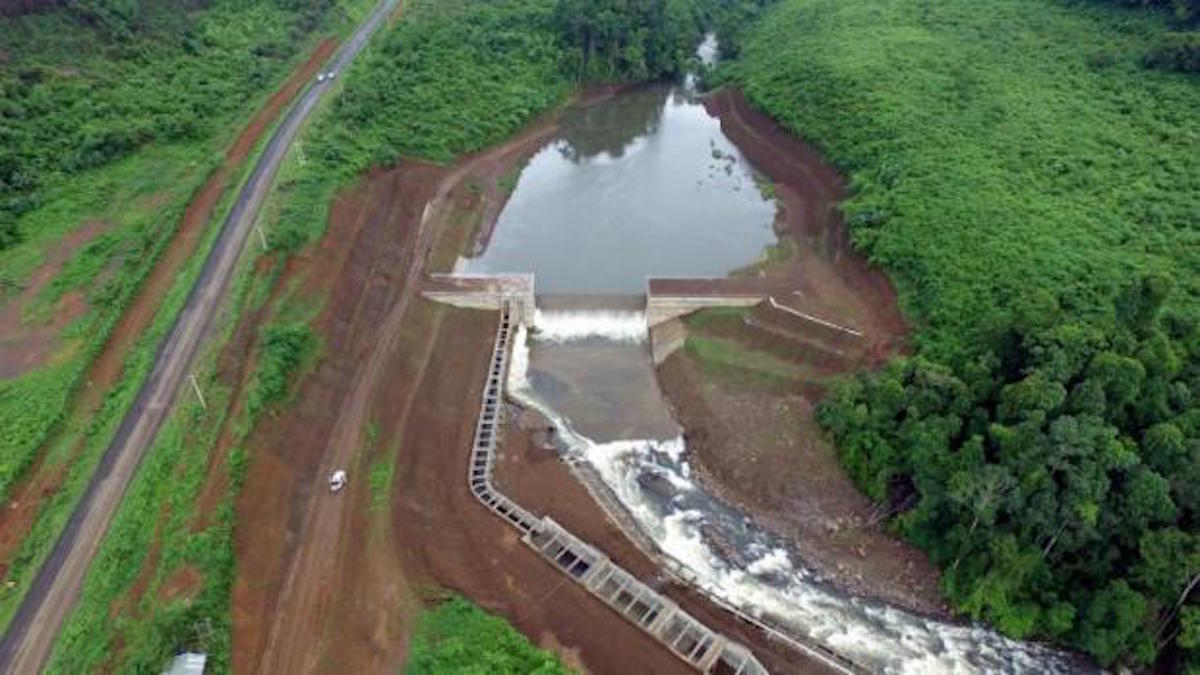Billions of fish make an annual trek through the rivers of Southeast Asia, supporting millions of people. Yet scientists still don’t know much about them.
Category: Article
Guidelines on Public Participation in EIA in the Mekong Region are now available
The Guidelines on Public Participation in Environmental Impact Assessment (EIA) in the Mekong Region have been developed to address the shared concern for increasing meaningful public participation in development planning, in the context of increasing investment projects across the Mekong region.
ASIA’S FUTURE CITIES: New buds of growth for Yangon’s ‘green movement’
The notion of starting a “green” business in Myanmar is still an unconventional one in 2017. Some of those pushing it will admit some of the vision is utopian, but important to pursue anyway.
As Thailand Ramps Up Its Palm Oil Sector, Peat Forest Feel the Pressure
Thailand is aiming to increase its domestic palm oil production 50 percent over the next nine years while at the same time trying to reclaim encroached peat forest from smallholders.
As Many As 10 Myanmar Villagers Injured in Shooting at Letpadaung Cooper Mine
Ten villagers have been injured by police who fired rubber bullets at them for blocking a roadway to a controversial Chinese-run Wanbao copper mine.
Decision-Makers Must Recognize Irreversible Impacts of Dams on Mekong River and People’s Lives
International Rivers believes that recent comments attributed in the media to the CEO of the Mekong River Commission (MRC) raise serious concerns about the role and positioning of the MRC Secretariat and the future of decision-making over hydropower development in the Mekong.
Green growth: not as expensive as you think
A green economy does not mean a major trade-off between growth and sustainability, Tomaso Andreatta, chairman of EuroCham Green Growth Sector Committee insists.
Hydropower threatens peace in Myanmar — but it doesn’t have to
Dialogue, transparency and foreign support could help rebuild local trust
Mekong Delta sinks into the sea
The Mekong Delta is sinking 2.5cm every year because of ground water extraction and unreasonable planning and constructions on the surface.
B. Grimm Power allots B1.8bn for Laos 8 hydropower plants planned in country
B.Grimm Power Co, a unit of B.Grimm Group, plans to invest 17 billion baht in 2017-18, including for the development of hydropower in neighbouring Laos.



